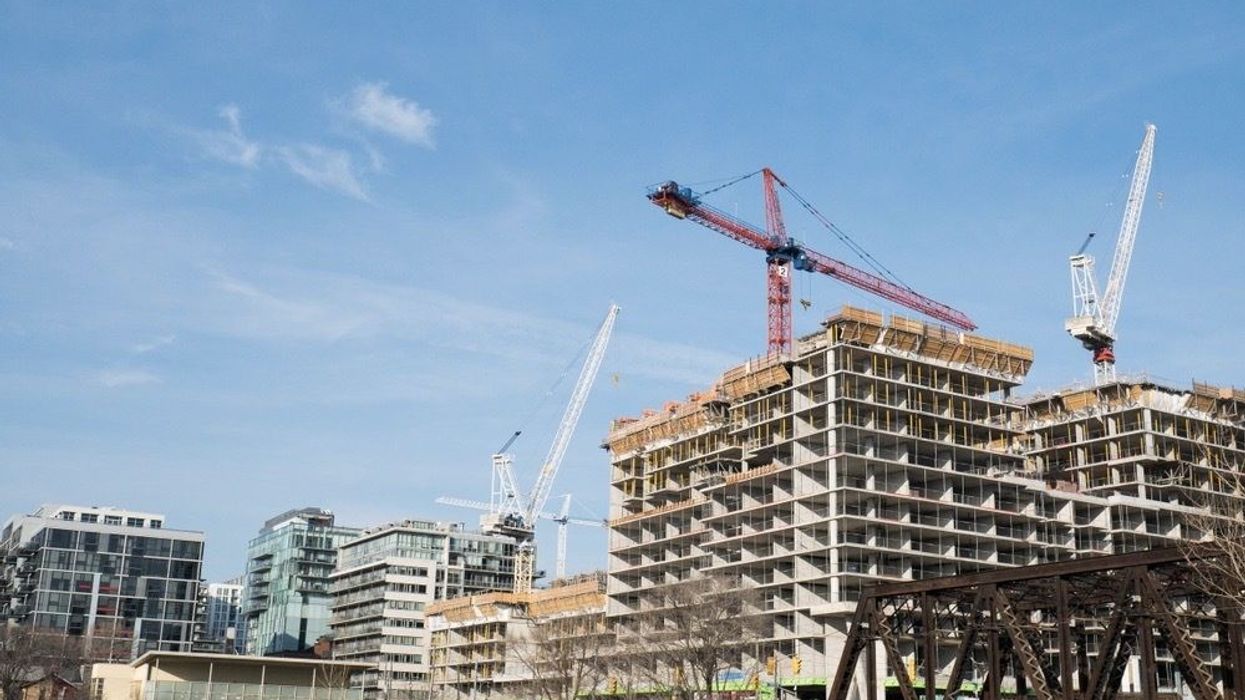For the past three years, the City of Toronto has been working on a new Inclusionary Zoning policy that would require new developments to set aside a percentage of units as affordable housing, a move intended to curb the city's housing crisis.
Now, that plan is one step closer to becoming a reality, as Toronto's Planning and Housing Committee voted to approve a staff report that advances the long-discussed Inclusionary Zoning (IZ) policy.
On Thursday, the committee, including Mayor John Tory, approved the staff report proposing an IZ Official Plan amendment, Zoning Bylaw amendment, and draft Implementation Guidelines.
If adopted by council at the upcoming November meeting, Toronto will become the first city in Ontario to implement this policy which will make it mandatory for certain developments to include affordable housing.
READ: City Considering Three New Polices to Speed Up Creation of Affordable Homes
"Moving ahead with comprehensive, equitable policies such as the proposed Inclusionary Zoning is the right move forward to ensure that our city supports its residents, builds inclusive communities, and remains vibrant and strong," said Mayor John Tory.
"I'm pleased to see Toronto leading this shift in development in Ontario to ensure that affordable housing is consistently available and that affordability is protected for the future."
Not only will the adoption of the policy represent a shift in how the City approaches new developments, but it will also ensure affordable housing is incorporated in new projects on a consistent basis rather than being negotiated on a site-by-site basis, providing clarity for all parties from the very beginning.
Beginning in 2022, the policy would ensure that between 5 to 10% of condominium developments were deemed as affordable housing, increasing further to 8 to 22% by 2030.
Affordable units -- protected for 99-year terms -- would be built in varying amounts depending on the location in the city, with downtown being allocated the highest affordable housing requirements. Rents and ownership prices would be based on proposed new income-based definitions of affordable housing, targeting households with an annual income of between $32,486 and $91,611.
READ: Inclusionary Zoning: The Solution We’ve Been Waiting For or a Detriment For New Development?
"Implementing the Inclusionary Zoning policy in Toronto will keep us on the road to our goal of creating 40,000 affordable homes by 2030," said Deputy Mayor Ana Bailão (Davenport), Chair of the Planning and Housing Committee.
"Having a consistent approach to affordable housing development will ensure that building inclusive, balanced communities that support our residents are top of mind in all new development plans."
While the policy would be the first of its kind in Ontario, IZ is already used in more than 800 jurisdictions in the US, Australia, and Canada. While no two cities have the same policy, each one is tailored to the municipality's local housing market and needs, with Toronto's policy developed based on a detailed financial impact analysis, which included a peer review and input received through extensive consultation.
Now, city council will meet on November 9, where the IZ policy will be considered for adoption and voted on.





















